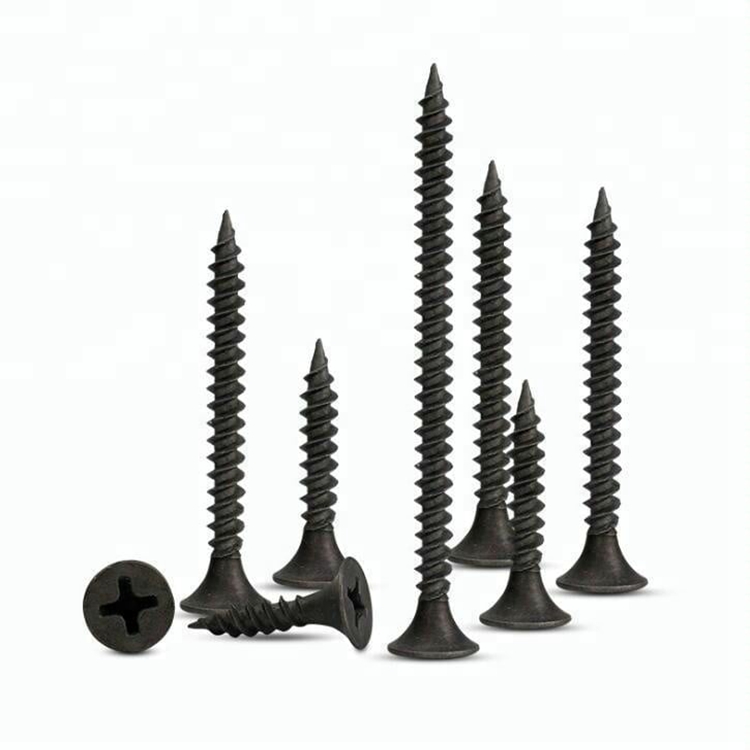Top Manufacturers of Automotive Bolts and Nuts in the Industry Today
Nov . 29, 2024 13:35 Back to list
Top Manufacturers of Automotive Bolts and Nuts in the Industry Today
The Importance of Quality in Car Bolts and Nuts Manufacturing
When it comes to automobiles, every component plays a vital role in ensuring safety, performance, and longevity. Among the most critical elements of vehicle construction are the bolts and nuts that hold various parts together. The manufacturing of these small yet essential components is a highly specialized field, and the importance of quality in car bolts and nuts cannot be overstated.
Understanding the Basics What are Bolts and Nuts?
Bolts and nuts are fastening devices used extensively in automotive design and manufacturing. A bolt is typically a metal rod with a head on one end and threads on the other, while a nut is a hexagonal block with a hole in the center that fits the bolt's threads. Together, they create a secure connection between different parts of a vehicle, from the engine to the chassis.
Quality Standards in Manufacturing
The automotive industry is governed by stringent quality standards, and manufacturers of car bolts and nuts must adhere to these regulations to ensure safety and performance. These standards often include material specifications, tensile strength, corrosion resistance, and dimensional accuracy. For instance, automotive bolts are usually made from high-strength steel or alloys to withstand significant loads and stress.
Reputable manufacturers will often have their products tested for quality control purposes. The testing can include tensile tests to determine the strength of the bolts, hardness tests to ensure durability, and corrosion tests to see how they hold up under harsh environmental conditions.
Innovations in Manufacturing Processes
In recent years, there have been significant advancements in the manufacturing processes of car bolts and nuts. Companies are increasingly utilizing automated systems and advanced technologies such as computer numerical control (CNC) machines to produce high-precision components. These innovations enhance productivity, reduce waste, and improve the overall quality of the fasteners produced.
car bolts and nuts manufacturers

Moreover, the introduction of coatings and treatments has revolutionized the performance of bolts and nuts. For instance, zinc plating provides a layer of protection against rust, significantly extending the lifespan of these components in various weather conditions. Further innovations include the use of materials that combine lightweight properties with high strength, catering to the automotive industry's growing demand for fuel efficiency and performance enhancements.
Sustainability and Environmental Considerations
As the automotive industry shifts towards sustainability, the manufacturing process for bolts and nuts is also undergoing transformation. Manufacturers are increasingly sourcing recyclable materials and implementing eco-friendly practices within their production lines. This shift not only aligns with global sustainability goals but also appeals to consumers who prioritize environmentally responsible choices in their purchasing decisions.
Choosing the Right Manufacturer
For automotive companies, choosing the right manufacturer for bolts and nuts is crucial. Factors to consider include the company's reputation, adherence to industry standards, production capabilities, and commitment to quality. A well-established manufacturer often has a proven track record and can provide assurance that the components produced will meet the rigorous demands of the automotive industry.
Additionally, effective communication between automotive companies and manufacturers is essential. Collaborating closely can help ensure that the specific needs and requirements of vehicle design are met. Whether it’s custom made bolts for a unique engine design or standard nuts for mass production, a strong partnership can lead to better outcomes and improved product performance.
Conclusion The Backbone of Automotive Safety
In conclusion, car bolts and nuts may seem like small components, but they are the backbone of automotive safety and functionality. Quality manufacturing processes, adherence to industry standards, and innovative practices are essential to producing reliable fasteners. As the automotive industry continues to evolve, so too will the manufacturing of these critical components, ensuring that they can meet the demands of modern vehicles and contribute to safer driving experiences. Companies that invest in quality bolts and nuts will ultimately enhance their reputation, increase customer satisfaction, and ensure the longevity of their vehicles.
Latest news
-
High-Quality Panel Stud Bolt Reliable Panel Stud Bolt Factory & Suppliers
NewsJul.08,2025
-
High-Precision Fine Thread Locknuts Manufacturer & Supplier Custom Solutions
NewsJul.08,2025
-
PH Imperial Stud Bolt – High Strength Fasteners from Leading Supplier & Factory
NewsJul.07,2025
-
High-Quality Allen Wrench Bolts Leading Factory, Company & Suppliers
NewsJul.07,2025
-
Wholesale Ball Stud Bolt - High Quality Supplier & Factory Price Reliable Wholesale Ball Stud Bolt Company
NewsJul.06,2025
-
High-Strength Alloy Bolts Manufacturer & Supplier Quality Alloy Fasteners Factory
NewsJul.06,2025
